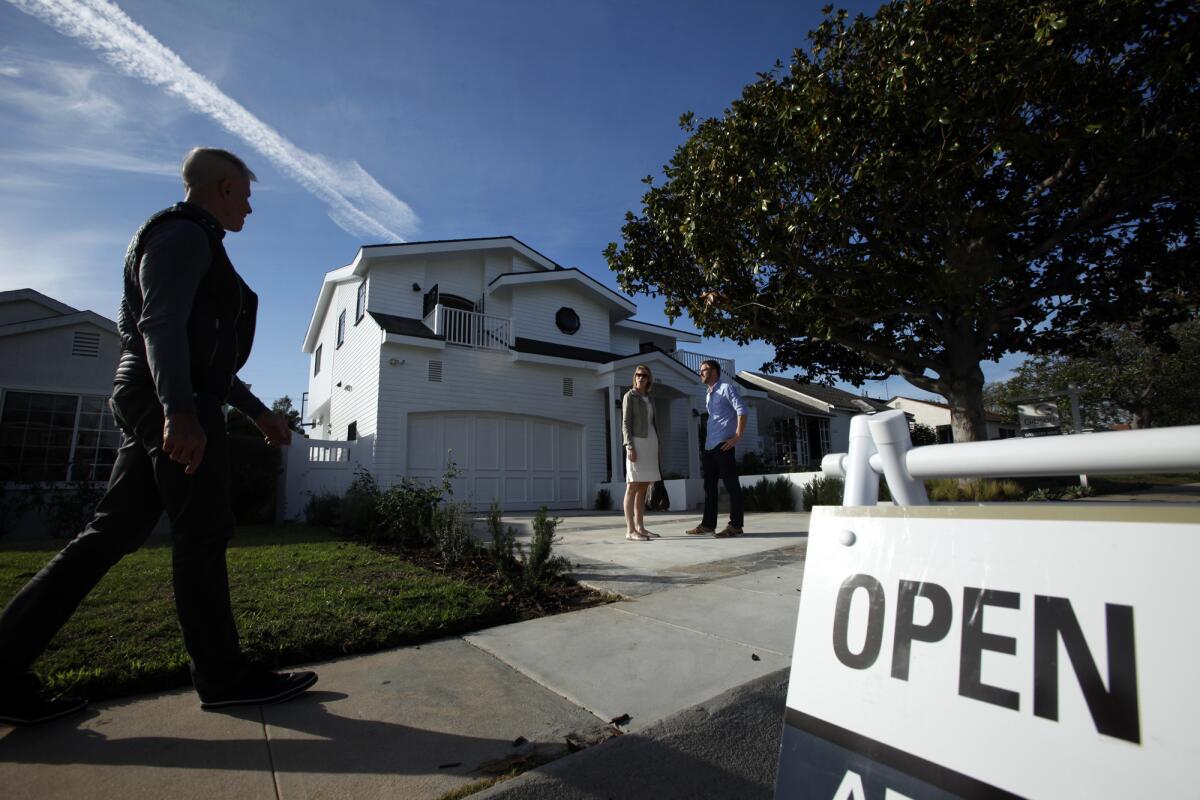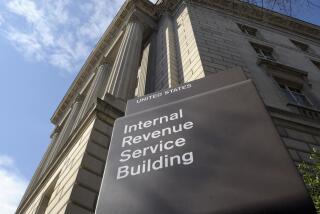How to sort out the taxes when you sell your house

Dear Liz: I am trying to understand the capital gains tax exemption as it applies to the sale of a house. If I have no mortgage and I sell my house before I have lived in it for two of the previous five years that are now required for the exemption, is it based on the total selling price of the house or on the amount over what I paid for it? And what is the tax rate based on?
Answer: The home sale exemption can shelter from taxes up to $250,000 per owner ($500,000 for a couple) of capital gains from a home sale. If you don’t live in the home for at least two of the previous five years, you typically can’t use the exemption unless the sale was because of a change in employment, health problems that require you to move or an unforeseen circumstance that forced the sale.
The rules on these exceptions can get pretty tricky, so you’d need to discuss your situation with a tax pro. If you qualify, the amount of the exemption usually would be proportionate to the percentage of the two years that you actually lived in the home. If you sold after one year, for example, you might exempt up to $125,000 per owner.
Whether you have a mortgage does not affect the capital gains calculation. What matters is the difference between the price you get when you sell the house and the price you paid when you bought it.
From the sale price, you get to subtract any selling costs such as real estate commissions. From the purchase price, you can add in certain costs, such as home improvement expenses. What results after these adjustments is your capital gain for tax purposes.
If you have capital gains in excess of the exemption, you would pay long-term capital gains rates on that profit. Long-term capital gains are typically taxed at a 15% federal rate, although the highest-income taxpayers (those in the 39.6% bracket) may pay 20% and the lowest-income taxpayers (those in the 10% and 15% brackets, including taxable capital gains) pay a 0% rate.
States typically have additional taxes.
Volunteering can fill a void for unhappy retirees
Dear Liz: I was very disappointed in your response to the reader who was unable to cope with unplanned retirement. The reader has sufficient assets but was unable to manage the loss of purpose. This is common, and maintaining purpose is one of the most important components of a healthy retirement.
You did not mention volunteer work as an option, and that is a shame. There are hundreds of organizations that need volunteers of all skill levels, and they come in every shape and size you can imagine.
There are social services, cultural, civic, social justice, child development, healthcare and senior organizations that exist only because of their volunteers. You can volunteer long term or short term, or even on occasion.
I have just spent the last five months running a series of events connecting retirees to organizations who need volunteers. My own retirement will be completely focused on doing all of the volunteer work I did not have time for while working.
Retirement is an excellent time to make your contribution to the community that helped you along the way.
Answer: Several people wrote in to suggest volunteering was the answer to the reader’s unhappiness with an involuntary retirement. Volunteering may indeed fill her time, but her point was that she found fulfillment in paid work. She rightly warned others that they need to think through what they might lose by retiring too early.
People may get more than paychecks for their labor. They can get recognition, respect, a feeling of achievement and a sense of mission. What they do may be a significant part of who they are — perhaps far more than they realize.
If they give that up without sufficient thought and planning, they may feel as if they’ve gone from a “somebody” to a “nobody” overnight. That can be a terribly hard adjustment that volunteering may not alleviate. Here’s another perspective:

Dear Liz: Your recent writing about considering when to retire and the dangers of a too-early retirement rings a big bell.
I am a psychotherapist who has worked with a number of people who were either considering retirement or who took early retirement. For those who took early retirement, the emotional problems associated with the large amount of both time and space in their lives after retirement, which they never fully considered, have been very surprising and upsetting for them.
To those working every day at jobs they don’t love, retirement seems like a great thing. But the reality of an open, unstructured life can present an array of problems — financial, relational and emotional — for the newly retired.
People should think about this decision carefully because it is hard to re-create a steady job. Or, even better, have a long hard conversation about it with someone close to you or a specialist like me.
Answer: Excellent advice. In addition to traditional therapists, there is a growing field of professionals who combine financial advice with psychological counseling. People can get referrals from the Financial Therapy Assn. at www.financialtherapyassociation.org.
Liz Weston, certified financial planner, is a personal finance columnist for NerdWallet. Questions may be sent to her at 3940 Laurel Canyon, No. 238, Studio City, CA 91604, or by using the “Contact” form at asklizweston.com. Distributed by No More Red Inc.






